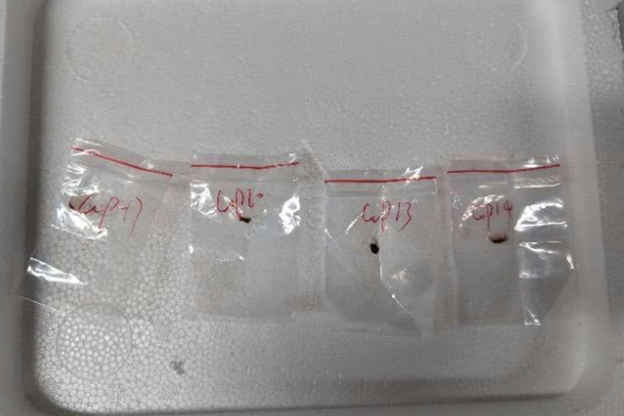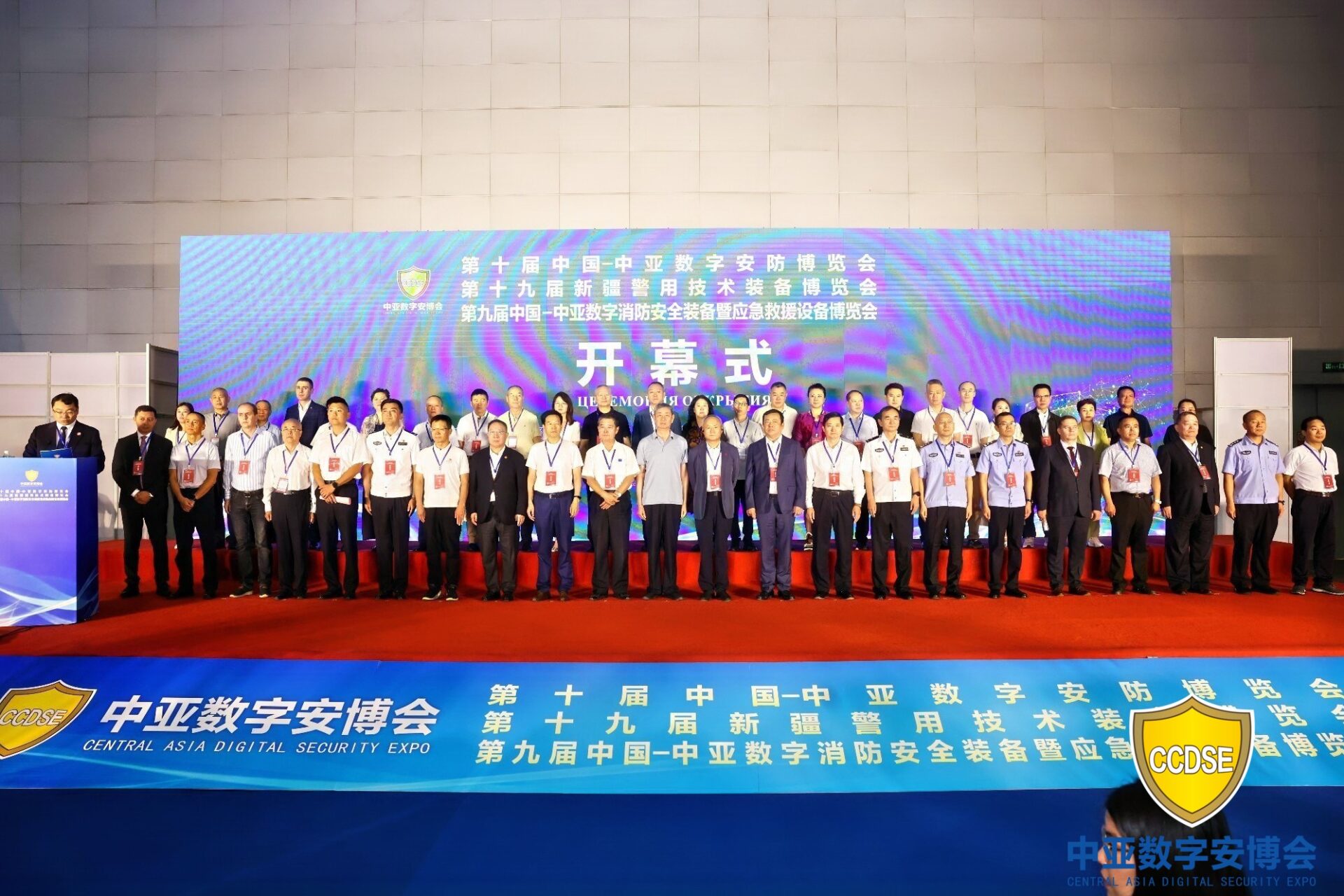
Fungus Smuggling Case Highlights Agricultural Espionage in the United States
Fungus Smuggling Case Highlights Agricultural Espionage in the United States
Executive Summary:
- The People’s Republic of China (PRC) has a long history of engaging in agricultural espionage and, potentially, sabotage in the United States. This is partly to decouple from U.S. agriculture, and partly to achieve food security in the event of a major conflict or naval blockade.
- In the latest incident, the U.S. Department of Justice has charged two former employees at a University of Michigan laboratory with smuggling samples of a toxic fungus described as “a potential agroterrorism weapon” into the United States.
- The two citizens of the People’s Republic of China (PRC) are both specialists in the fungus and its modes of transmission and infection in crops. One, Jian Yunqing, is alleged to be a Chinese Communist Party (CCP) member.
- Other cases include those of Mo Hailong and Zhang Weiqiang, both PRC-citizen research scientists who used their employment to cover attempts to smuggle genetically modified seeds to the PRC, and speculation that PRC-linked sabotage may be behind Florida’s citrus greening disease epidemic.
On Tuesday, June 3rd, Jian Yunqing (简云青), 33, and Liu Zunyong (刘尊永), 34, were charged in a criminal complaint for conspiracy, smuggling goods into the United States, false statements, and visa fraud. The pair is accused of conspiring to smuggle samples of the crop-destroying fungus Fusarium graminearum—which the U.S. Department of Justice (DOJ) describes as “a potential agroterrorism weapon”—into the United States (DOJ, June 3). Consumption of grain contaminated by this fungal blight can cause vomiting and liver damage in humans and livestock.
Party Member Involved in Researching Pathogen
Liu attempted to smuggle Fusarium graminearum into the United States in July 2024. After landing at the Detroit Metropolitan Airport, authorities found several samples of the fungus concealed in his luggage. When questioned, Liu initially denied the samples were his before claiming he intended to use them to continue his research at the University of Michigan lab, where his girlfriend, Jian Yunqing, worked. (Liu was once an employee at the same lab.) Liu was deported back to the PRC, where he is unlikely to face trial unless he attempts to return to the United States. Jian, his alleged accomplice and romantic partner, will face charges.
Liu and Jian, both nationals of the People’s Republic of China (PRC), are research scientists specializing in the Fusarium graminearum fungus, its mode of transmission, and the defense mechanisms of plants against the fungus (AMiner, accessed June 9, [1], [2]). Papers authored in English and Chinese reveal that both have worked on Fusarium graminearum (AMiner, accessed June 9, [1], [2]). Jian and Liu even share co-author credits on a 2022 research paper on disease resistance and plant immunity when the Fusarium graminearum fungus infects maize corn (Zea mays) (AMiner, accessed June 9). The pair seem to specialize in the infection function of the fungus in crops, plant immune signaling against fungal infection, the ways in which crops can be rendered more or less susceptible to infection, and how the fungus can be made more or less sensitive to fungicides and other treatments (AMiner, accessed June 9 [1], [2], [3], [4], [5]).
The Department of Justice claims that Jian is a member of the Chinese Communist Party (CCP). A signed self-assessment form uncovered from her time employed at Zhejiang University reads “I conscientiously do a good job as an international student, conscientiously implement the rules and regulations of the school, and always remind myself to maintain the image of a Chinese person and not smear the motherland” (DOJ, June 2).
Deeper Roots of Sabotage Targeting U.S. Agriculture
This is not the first time the pair has attempted to smuggle biological materials into the United States, according to WeChat messages recovered from Jian’s phone. In August 2022, she seems to have smuggled other seeds into the United States. This follows earlier cases of agricultural espionage, most notably Mo Hailong (莫海龙) and Zhang Weiqiang (张伟强).
Mo was initially caught by DuPont Pioneer employees while digging through a newly-planted field of research crops in Iowa. He claimed to be associated with the University of Iowa before escaping on foot. Over a two-year investigation, the FBI tracked Mo’s links to PRC seed companies and his attempts to ship hundreds of pounds of stolen seeds from the United States to Hong Kong—some disguised as bags of popcorn. Mo was indicted along with his sister, Mo Yun (莫云), the wife of Dr. Shen Genhuo (邵根伙), the CEO of Beijing Dabeinong Technology Group (大北农集团). Four other PRC citizens—all employees of Dabeinong or its subsidiaries—were also indicted. Dabeinong’s website describes the company’s mission as “Strengthen Agriculture to Serve the Nation, Strive to Be Number One, and Mutually Develop” (强农报国、争创第一、共同发展) (Dabeihong, accessed June 9). Mo was arrested in December 2013. In 2016, he received a 36-month prison sentence and was stripped of farmland in Iowa and Illinois. Charges against his sister were dropped when a judge declined to admit evidence gathered from her electronic devices (DOJ, October 6, 2016).
Zhang Weiqiang, another PRC-citizen research scientist living in the Midwest, used his employment with U.S.-based Ventria Bioscience to steal trade secrets. He also transferred experimental genetically modified rice seeds to “personnel from a crop research institute in China” who then attempted to smuggle the seeds to the PRC (DOJ, February 16, 2017). These were intercepted by U.S. Customs and Border Protection officers. Zhang was sentenced to 121 months in federal prison in 2018 (DOJ, April 4, 2018).
Few confirmed instances of PRC agricultural sabotage in the United States are publicly available. One possible case might be the introduction of insects responsible for the spread of citrus greening disease to Florida, which has caused billions in damage to Florida’s citrus industry since it was first detected in 2005, affecting as many as 90 percent of the state’s citrus acres. This may have been intentional, according to a senior analyst at the Center for Security Policy (Journal of Integrated Pest Management, January 22, 2020; Sun Sentinel, March 26, 2020; IFAS, April 7, 2022).
Conclusion
The FBI has identified actions like those of Liu and Jian as part of a broader trend of Chinese economic espionage targeting U.S. agricultural technology, with the potential to threaten America’s competitive edge in high-tech agrarian innovation. It routinely produces materials to warn U.S. agricultural technology employers about “foreign intelligence officers” attempting to gain access to trade secrets (FBI, 2019). These tactics mainly appear to be a tool employed by PRC individuals and organizations to obtain agricultural industrial secrets. Liu and Jian’s motives remain unclear, though they may instead have intended to sabotage the U.S. agricultural industry—the complaint characterizes their actions as “an imminent threat to public safety” (DOJ, June 3).
PRC authorities also have engaged in a concerted campaign to decouple from U.S. agriculture and achieve food security in the event of a major conflict or naval blockade (China Brief, May 23). Historically a major importer of U.S. agricultural products, especially soybeans, the PRC government has introduced three- and five-year plans explicitly designed to reduce reliance on American products like soybeans, and establish total food security for the nation (MOA, December 29, 2021; April 23, 2023). This campaign has been successful but is not yet complete. As this latest episode indicates, however, the PRC remains committed to leveraging scientific research in the United States to bolster its food security ambitions.


